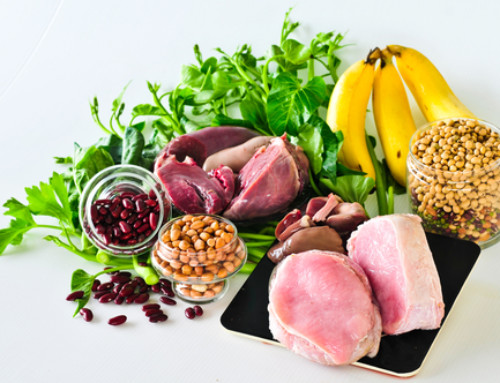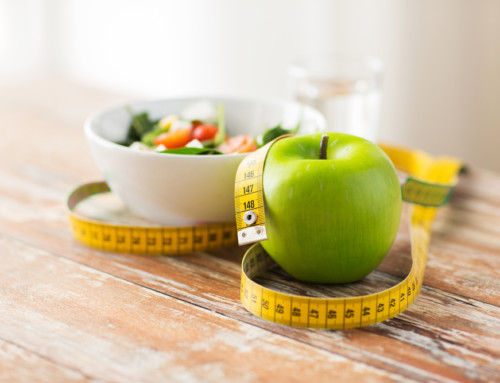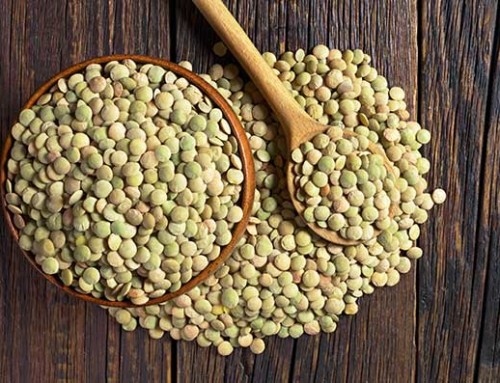 Just about everyone knows what it feels like to have food poisoning, or a food borne illness. It is no laughing matter. According to the Center for Disease Control (CDC) 1 in 6 American’s get sick from contaminated food each year. The Food and Drug Administration (FDA) reports that an estimated 128,000 of infected people are hospitalized and 3,000 die each year. What is worse is that this is completely preventable.
Just about everyone knows what it feels like to have food poisoning, or a food borne illness. It is no laughing matter. According to the Center for Disease Control (CDC) 1 in 6 American’s get sick from contaminated food each year. The Food and Drug Administration (FDA) reports that an estimated 128,000 of infected people are hospitalized and 3,000 die each year. What is worse is that this is completely preventable.
So a New Year’s Resolution should be to stay healthy – here are some tips to help keep you and your loved ones safe:
- Food Preparation: WASH YOUR HANDS!
- Before handling food and between each food preparation task wash your hands with soap and warm running water for at least 20 seconds.
- Wash fruits and veggies. They are often the biggest culprits with food borne illness because we do not always cook them.
- Keep foods separate: Keep eggs, meat, and produce separate from each other when grocery shopping, storing, and preparing. Use separate bags, separate shelves in the fridge, and separate cutting boards.
- Thawing: Never thaw foods on the counter or in the sink, bacteria thrive at room temperature!
- Refrigerating food until it is thawed is the safest bet
- Microwave, and then cook the food immediately after
- Use Cold water. Either keep the food under cold running water until it is thawed or place food in a watertight plastic bag and submerge it in cold water, changing the water every 30 minutes until it is thawed. Cook immediately.
- Cook without thawing; just increase your cook time by 50%.
- Cooking: Cook food thoroughly
- Understand the “Danger Zone.” The bacteria that causes food-borne illness thrives between 40˚ and 140˚ Fahrenheit.
- Use a food thermometer when cooking foods: Poultry, eggs, casseroles, leftovers and ground meat should be cooked to 165 ˚F. Seafood, pork, fresh beef, veal and lamb to 145 ˚F.
- If food will be kept out for a party or event, to be served over a long period of time, ensure it is kept at 140 ˚F. A chafing dish, warming tray, or slow cookers are great ways to accomplish this.
- Storing: Don’t leave food out!
- Refrigerate food within 2 hours; this time limit drops to 1 hour during the summer.
- Keep a thermometer in your fridge. Ensure your fridge is below 40˚F and avoid overstuffing your fridge to allow the cool air to circulate. If freezing ensure your freezer is below 0˚F.
- Keep in mind freezing and refrigerating food does not kill bacteria, just slows it down. You cannot smell bacteria. The best rule of thumb is to throw leftovers away after 3-4 days.
Sources:
http://www.foodsafety.gov/keep/basics/chill/index.html
http://www.cdc.gov/foodsafety/index.html
http://www.fda.gov/Food/ResourcesForYou/HealthEducators/default.htm





![The Sad Desk Lunch [Infographic]](https://www.tricitymed.org/wp-content/uploads/2017/05/sad-desk-lunch-cover-500x383.jpg)